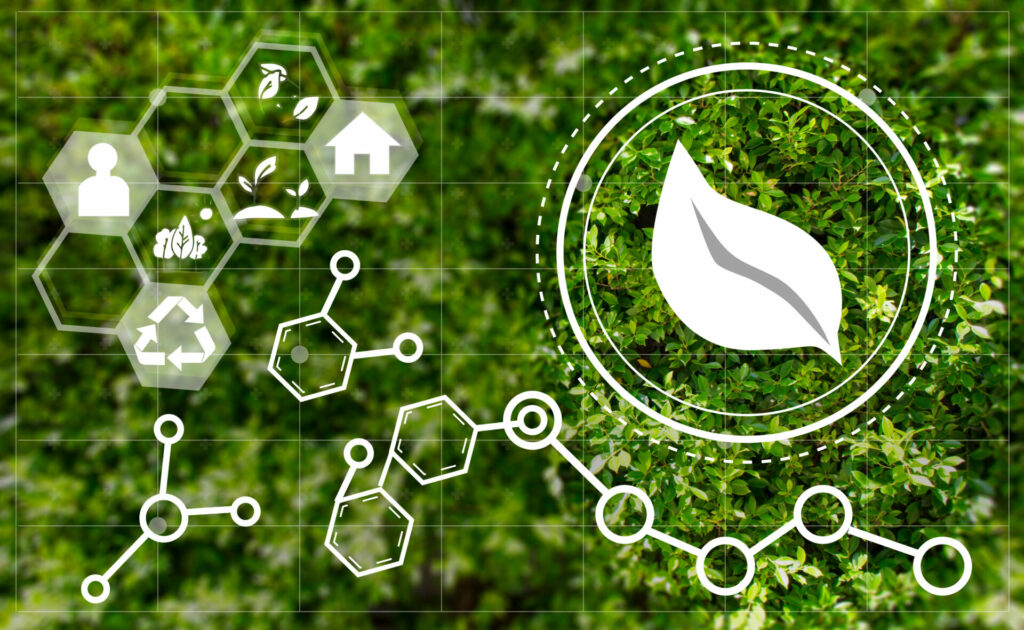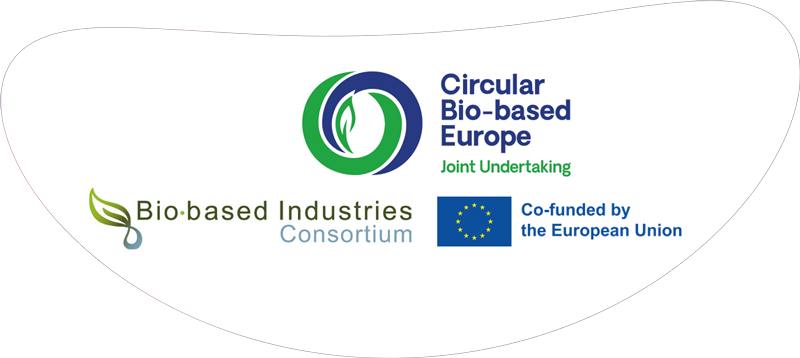Which is the future of the European bio-based sector?
This question animated the Circular Bio-based Europe Joint Undertaking first Stakeholder Forum, held 6-7 December 2023 in Brussels.
In its nine panel discussions, the event engaged over 400 participants from more than 30 countries, highlighted the latest advancements in the bio-based sector, sustainable practices, and their impact on the European and global landscape.
The Circular Bio-based Europe Joint Undertaking (CBE JU) is a €2 billion partnership between the European Union and the Bio-based Industries Consortium (BIC) that funds projects advancing competitive circular bio-based industries in Europe, under the Horizon Europe research and innovation programme.
In line with the CBE JU effort in the shift from non-renewable fossil raw materials and minerals to EU circular bio-based production processes, which includes supporting BIORING project and similar ones, the Stakeholder Forum provided a platform for thought-provoking discussions on the future of the European bio-based sector, showcasing cutting-edge technologies, and inspiring actionable solutions.
Highlights
The Forum engaged over 50 speakers representing the bio-based sector, from industries taking up bio-based solutions to research and innovation providers, from public sector to local and regional authorities, and much more.
The panel discussions explored key challenges and opportunities in the bio-based sector, answering three questions: how to stimulate demand for circular bio-based solutions? How to facilitate access to finance to scale up circular bio-based production in Europe? What R&I is needed to keep the European leadership in the bio-based sector in the medium-long term?
Moreover, 30 highly innovative bio-based solutions made by CBE JU-funded projects were shown, demonstrating the industry’s commitment to pushing the boundaries of technological advancements, offering solutions that are ready for market uptake.
Finally, two workshops focused on measures supporting a successful bio-based sector’s roll-out in Europe, i. e. the needed education and training for the skills required to unleash the sector’s potential, while making it attractive for young professionals.
Main takeaways
- Bio-based production must be more than the mere replacement of fossil-based products: it has to be circular, minimise the use of natural resources and consider environmental, social and economic impacts, with a Safe and Sustainable by Design (SSbD) approach.
- The regional dimension is key in the bioeconomy: on one side biomass is locally sourced, on the flip side the bio-based sector is an important booster of local economies.
- True collaboration among all stakeholders is the only way to reach the transition to a circular bio-based economy.
Watch all the panel sections and discover more takeaways and recommendations.


